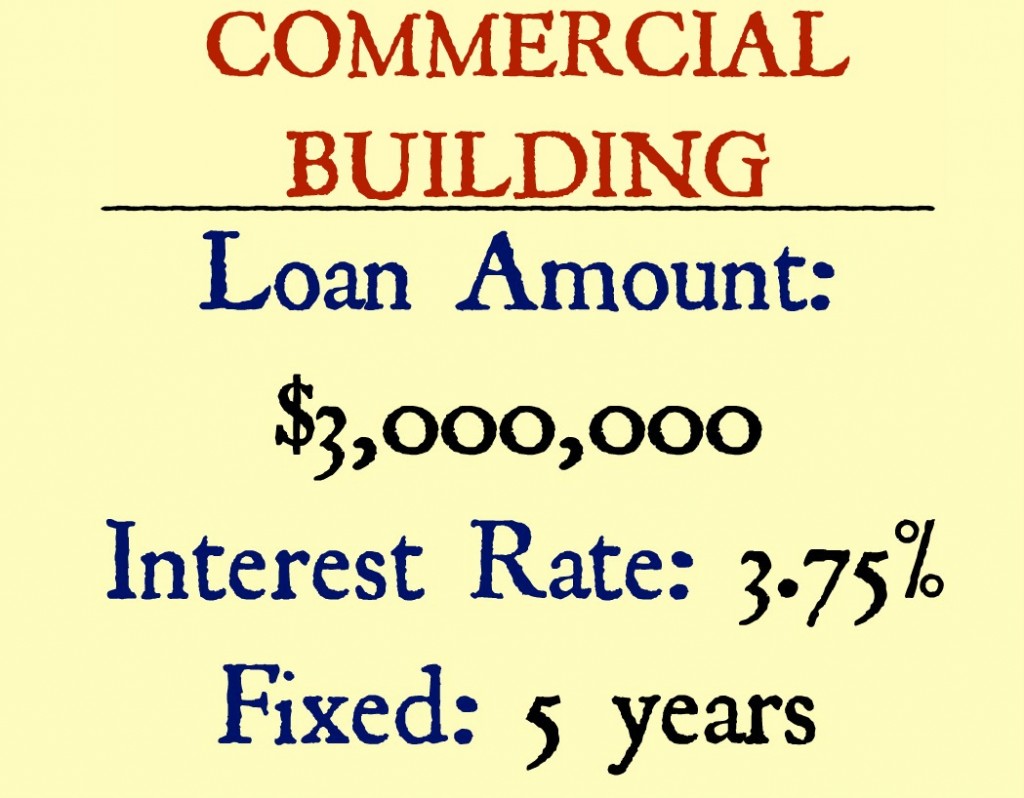
A Client sold his home for $2,000,000. The balance on his mortgage was $1,000,000. After paying real estate commission, transfer tax, and giving $88,000 to Uncle Sam, the net was $800,000. He found a home in Sonoma and paid cash to avoid competition. He wanted to refinance after the close of escrow.
At that moment, he discovered:
- Cash out is limited to $417,000 (Purchase loan can be at least $625,000 to get a 30 year fixed rate.)
- Some lenders treat cash-out as a purchase within the first 60 days. (Cash-out can effect the LTV, especially on Condominiums)
- IRS will limit interest deduction to $100,000 if refinancing is not closed 90 days after the sales transaction.
Home Acquisition Debt
Home acquisition debt is a mortgage you took out after October 13, 1987, to buy, build, or substantially improve a qualified home (your main or second home). It also must be secured by that home.
If the amount of your mortgage is more than the cost of the home plus the cost of any substantial improvements, only the debt that is not more than the cost of the home plus improvements qualifies as home acquisition debt. The additional debt may qualify as home equity debt (discussed later).
Home acquisition debt limit.
The total amount you can treat as home acquisition debt at any time on your main home and second home cannot be more than $1 million ($500,000 if married filing separately). This limit is reduced (but not below zero) by the amount of your grandfathered debt (discussed later). Debt over this limit may qualify as home equity debt (also discussed later).
Mortgage treated as used to buy, build, or improve home.
A mortgage secured by a qualified home may be treated as home acquisition debt, even if you do not actually use the proceeds to buy, build, or substantially improve the home. This applies in the following situations.
- You buy your home within 90 days before or after the date you take out the mortgage. The home acquisition debt is limited to the home’s cost, plus the cost of any substantial improvements within the limit described below in (2) or (3). (See Example 1 later.)
Home Equity Debt
If you took out a loan for reasons other than to buy, build, or substantially improve your home, it may qualify as home equity debt. In addition, debt you incurred to buy, build, or substantially improve your home, to the extent it is more than the home acquisition debt limit (discussed earlier), may qualify as home equity debt.
Home equity debt is a mortgage you took out after October 13, 1987, that:
- Does not qualify as home acquisition debt or as grandfathered debt, and
- Is secured by your qualified home.
Example.
You bought your home for cash 10 years ago. You did not have a mortgage on your home until last year, when you took out a $50,000 loan, secured by your home, to pay for your daughter’s college tuition and your father’s medical bills. This loan is home equity debt.
Home equity debt limit.
There is a limit on the amount of debt that can be treated as home equity debt. The total home equity debt on your main home and second home is limited to the smaller of:
- $100,000 ($50,000 if married filing separately), or
- The total of each home’s fair market value (FMV) reduced (but not below zero) by the amount of its home acquisition debt and grandfathered debt. Determine the FMV and the outstanding home acquisition and grandfathered debt for each home on the date that the last debt was secured by the home.
Whom do you know that might benefit from our tailored mortgage solutions?
SMILE AND PLEASE SHARE IT WITH A FRIEND

































